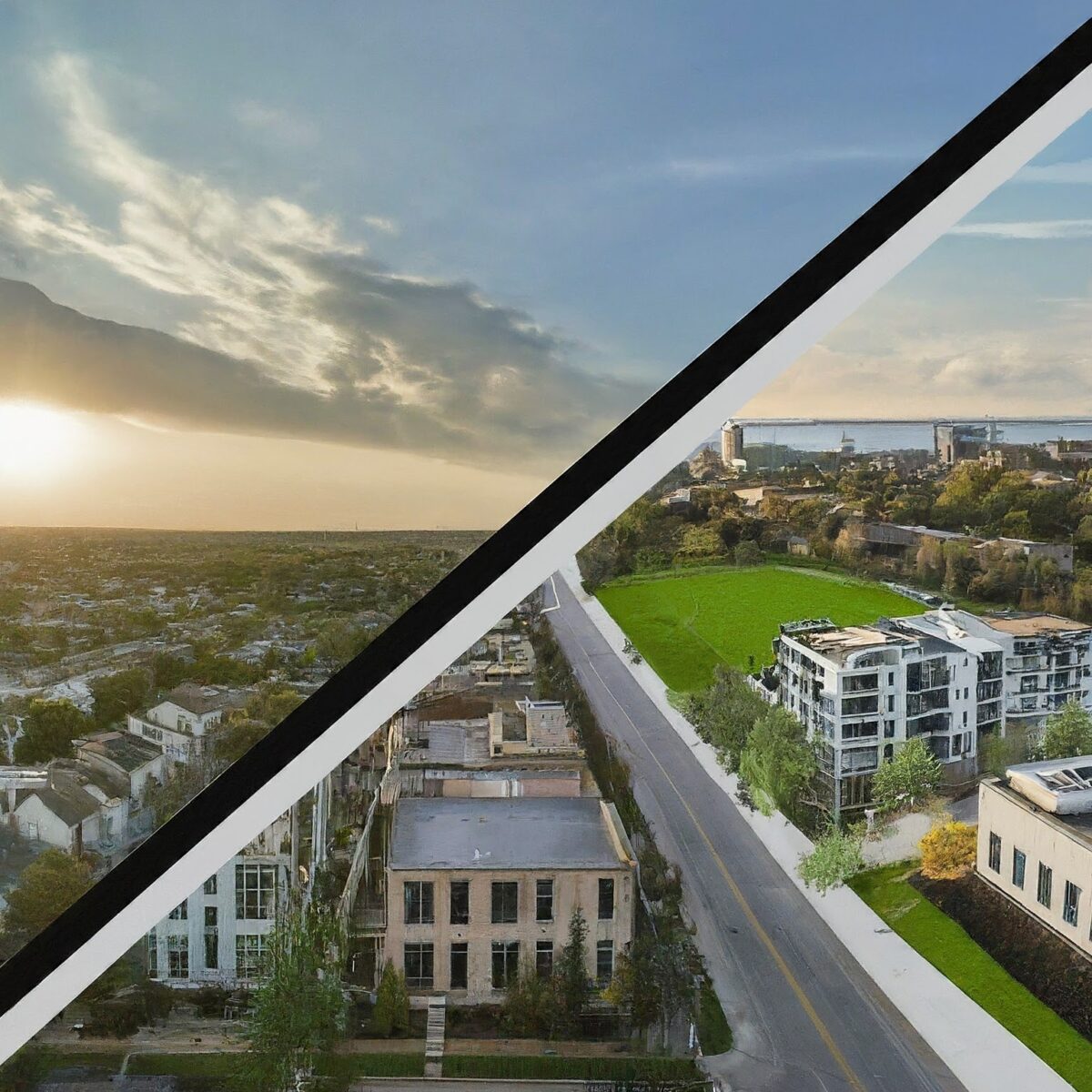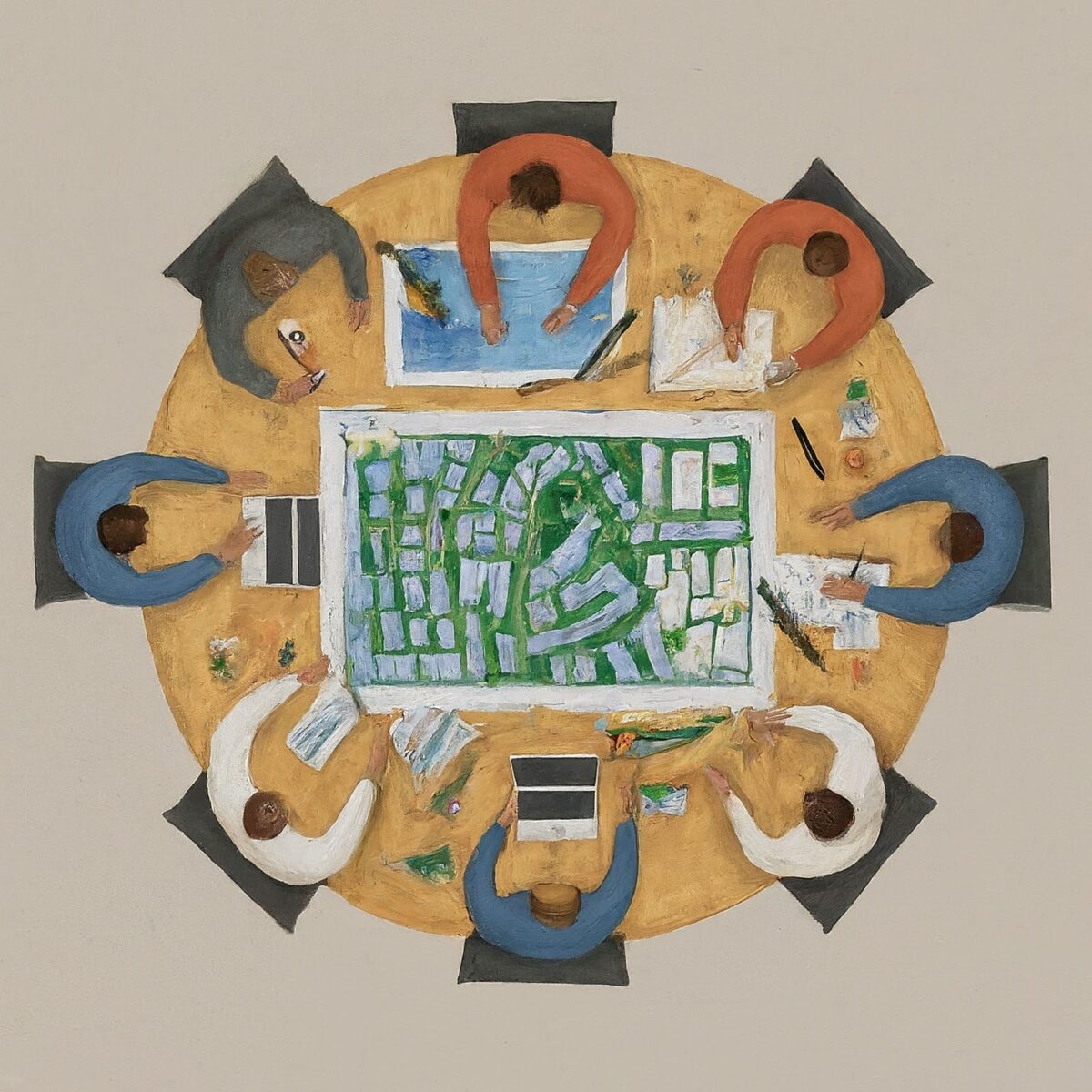Town planners contribute to shaping our communities for the better. But how can you take your own career to the next level and increase your impact? Here are strategies to consider:
1. Specialization = Superpowers
- Find Your Niche: Discover subfields within planning that excite you – transportation, environmental sustainability, historic preservation, economic development, and more.
- Develop Expertise: Take courses, attend workshops, and gain practical experience in your chosen area.
- Become the “Go-To” Person: Build a reputation as an expert in your niche, making you invaluable within your organization or appealing to potential employers.
2. Sharpen Your Skills
- Tech Savvy: Proficiency in GIS, data analysis tools, or design software will set you apart.
- Communication is Key Refine your public speaking, report writing, and negotiation skills for effective interactions with stakeholders.
- Leadership Development: Seek management training if your goal is to lead teams or departments.
3. Get Accredited (and Connected)
- AICP or CIP Certification: Achieving professional certification adds credibility to your resume and indicates your dedication to the profession.
- Networking Power: Join your professional organization – the American Planning Association (APA) or the Canadian Institute of Planners (CIP). Attend conferences and build relationships.
4. Broaden Your Horizons
- Mentor the Next Generation: Share knowledge by mentoring new planners, demonstrating leadership potential.
- Cross-Sector Experience: Consider a temporary position in the private or non-profit sector to gain diverse perspectives on planning issues.
- Advocate for Change: Involve yourself in policy development or public advocacy to influence broader decision-making.
5. Don’t Underestimate Soft Skills
- Adaptability: Being open to change and embracing new approaches will serve you well in this evolving field.
- Proactive Problem Solver: Don’t just identify issues; take initiative to propose solutions.
- Passion & Vision: Genuine enthusiasm for creating better communities is contagious and inspires others.
Where do you see yourself in the future of town planning? Choose strategies that align with your vision and start making moves!





